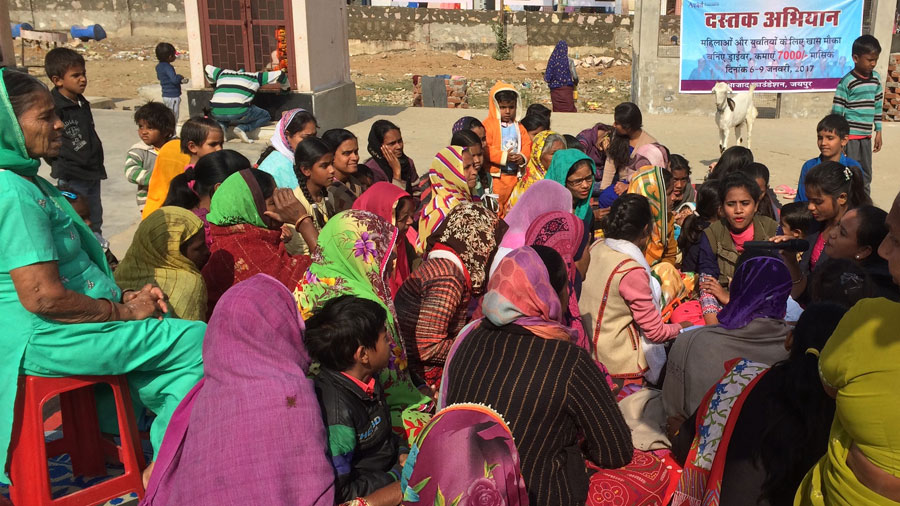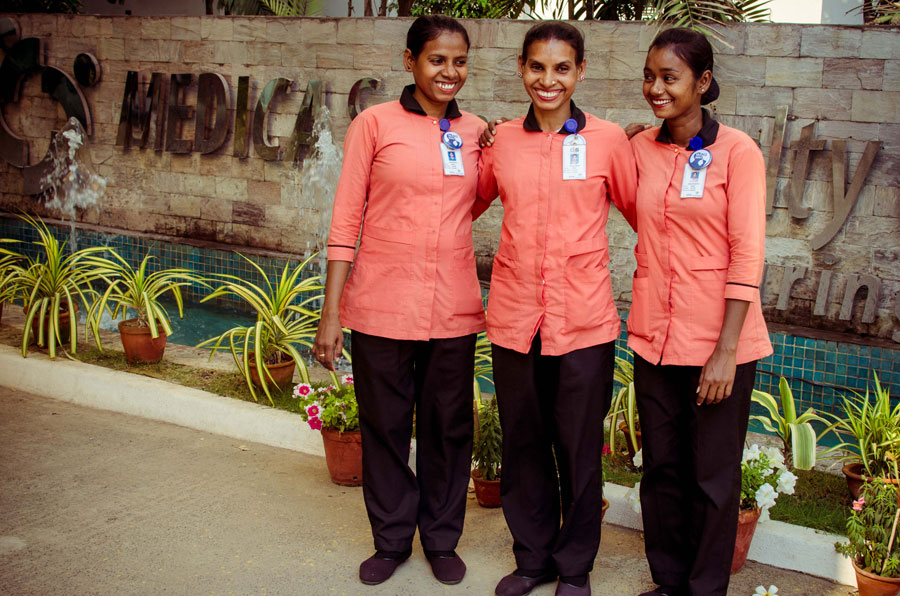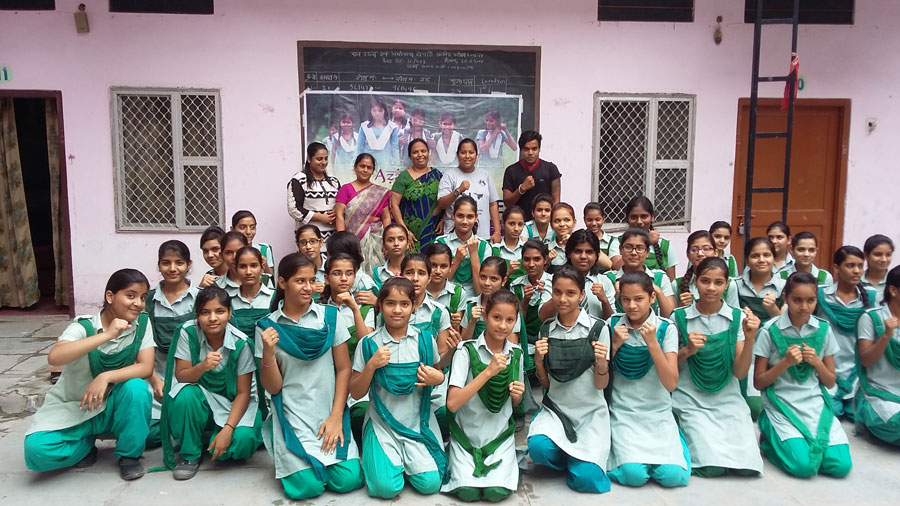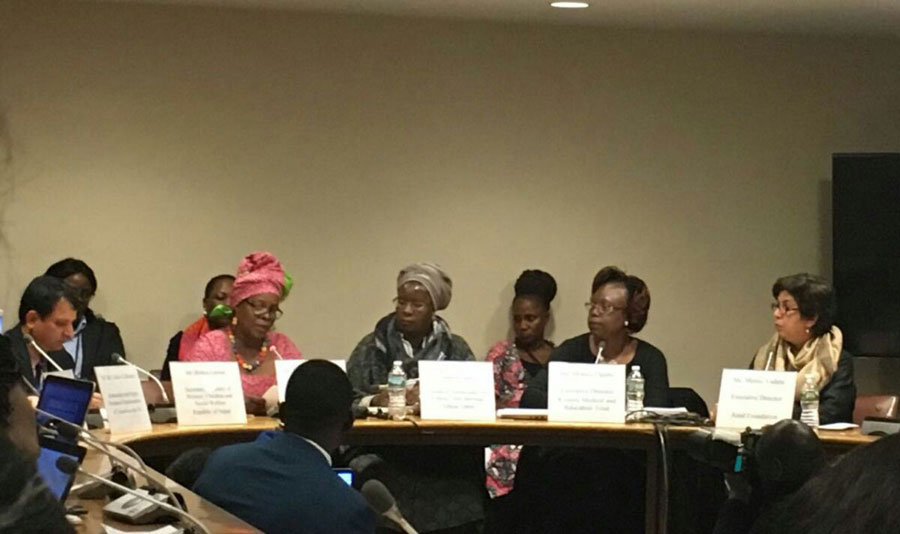2016-2017 annual report highlights
- 422 resource poor women enrolled for Women on Wheels across Delhi, Jaipur and Kolkata last year. We strive to help the most vulnerable population; 92% of our trainees had an average income of less than RS4000 a month and over 40% of the trainees were from a scheduled caste or tribe.

- A further 160 resource poor women were enrolled for Women on Wheels by our partners in India – Jan Vikas in Ahmedabad, Samaan in Indore and Neeva Foundation in Bangalore.
- The number of women enrolled in the programme increased by 33% and 41% more women gained their permanent licence than in the year 2015-2016.
- 111 trained women became employed in numerous types of jobs. From working as valets to driving waste collection vans to transporting school children to teaching other women in driving schools, the range of jobs open to women drivers is slowly but surely expanding.

- Through our outreach work this year we reached over 25,000 people directly and over 110,000 people indirectly, raising awareness of women’s issues and breaking down gender stereotypes.
- 20 young women completed the Parvaz Feminist Leadership programme this year, learning how to support women to claim their rights and choose non-traditional livelihood options. As a result, 18,000 resource-poor women were reached directly with information and support and close to one thousand were supported to get citizenship papers, access government social schemes and enrol for Women on Wheels.
- In 2016-17, the Men for Gender Justice programme expanded its reach across Delhi and Jaipur with 22 active groups of 140 active members who practice gender equality in their own lives and influence others to do so.
- The Azad Kishori programme ran sessions in 11 schools in Jaipur and Kolkata reaching over 1000 school girls in grades 9-12 to develop their awareness of gender issues and help open up their future aspirations.

- Azad Foundation collaborated with 4 partners; Saaman Society in Indore, Janvikas in Ahmedabad, Neeva Foundation in Bangalore, and NEWIG in Ghana to bring the opportunity of earning livelihood in professional driving to many more women.
- Bringing the discussion on non-traditional livelihoods for women to 61st session of the UN Commission on Status of Women in New York, Jaipur Literature Festival and to many other forums.

Other reports
In this section you can find reports explaining our work and achievements as well as outlining insight we have gathered through our research. Also, see our policy recommendations and briefings.
Click on the name of the document to download it.
Impact Assessment Report






